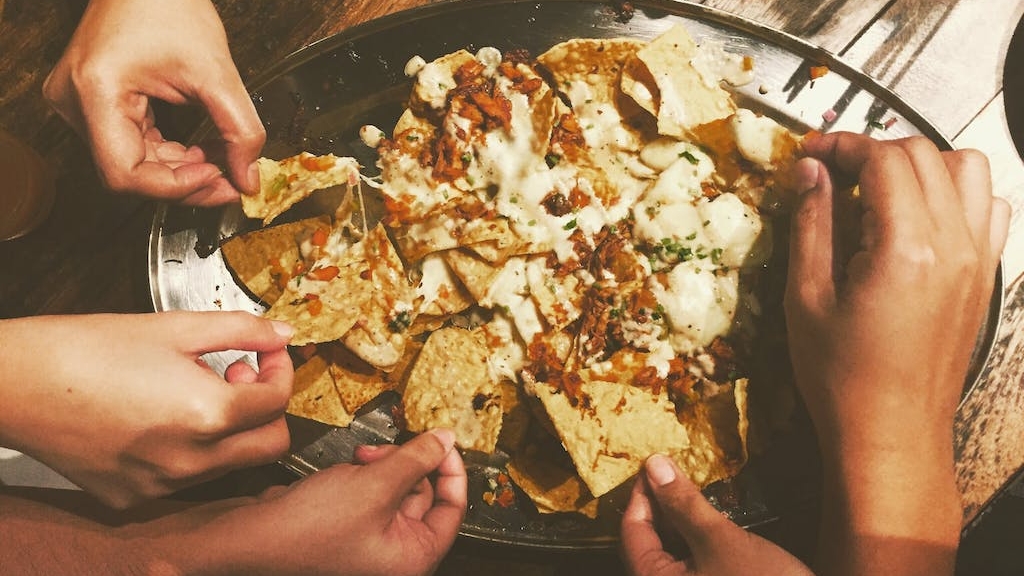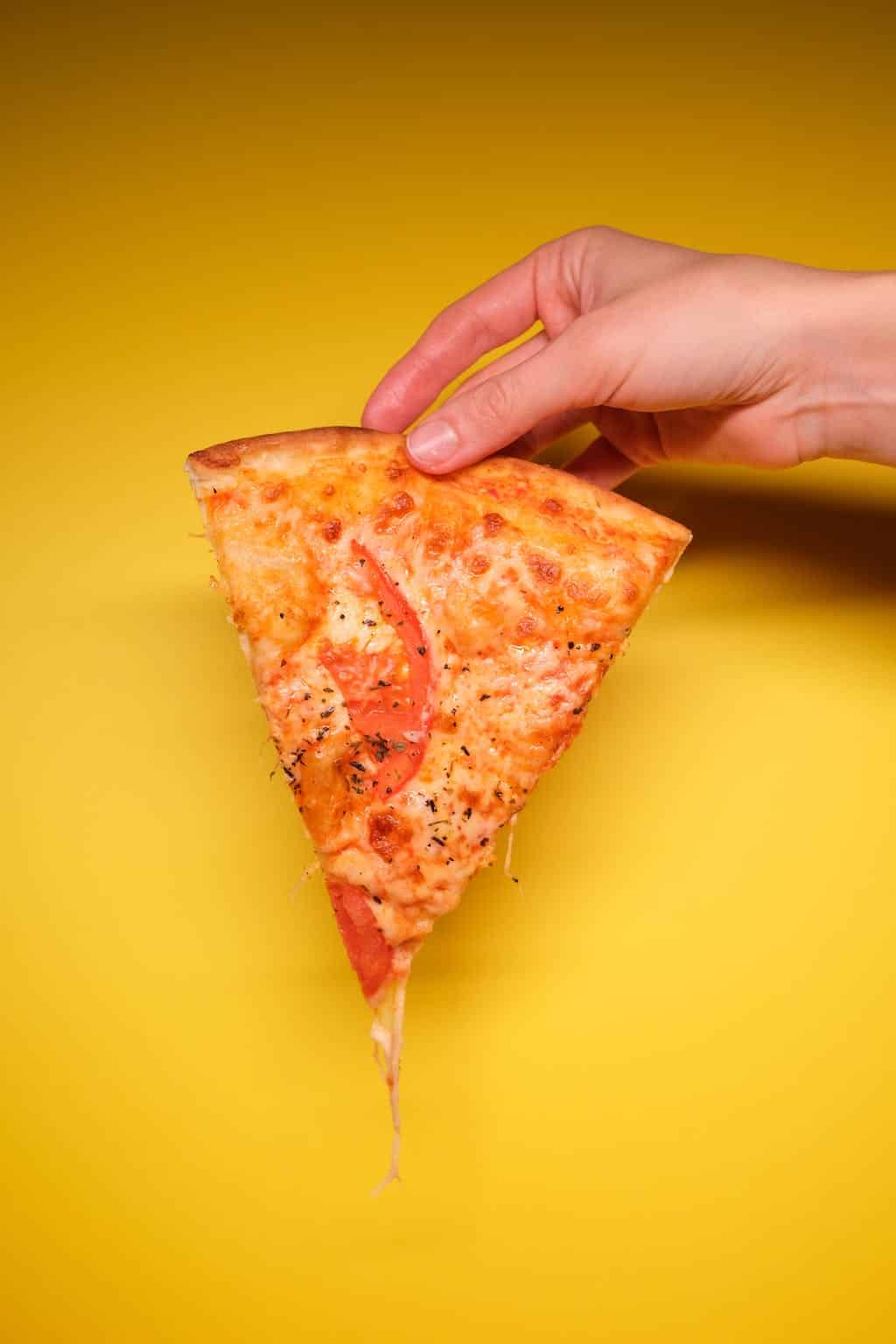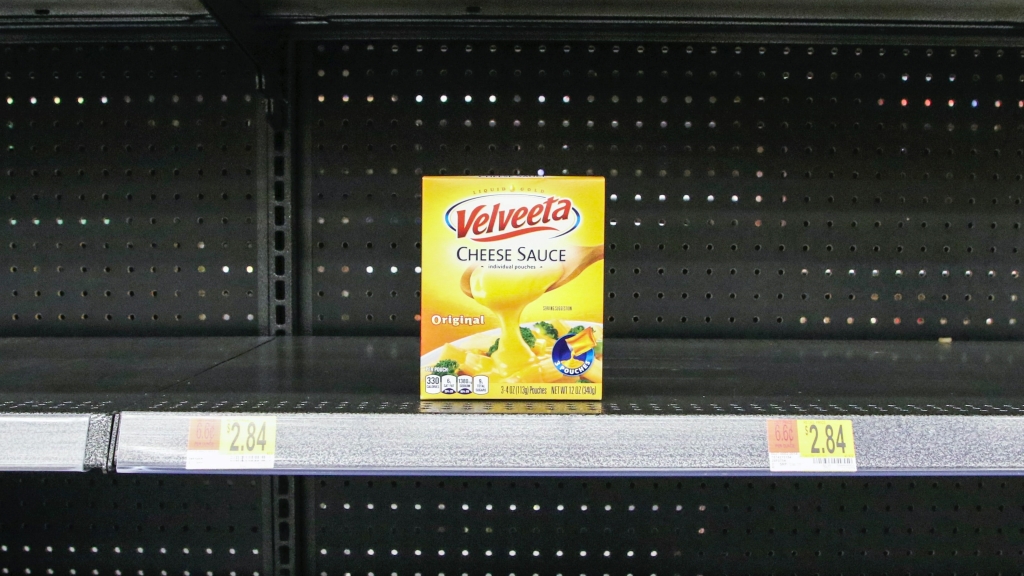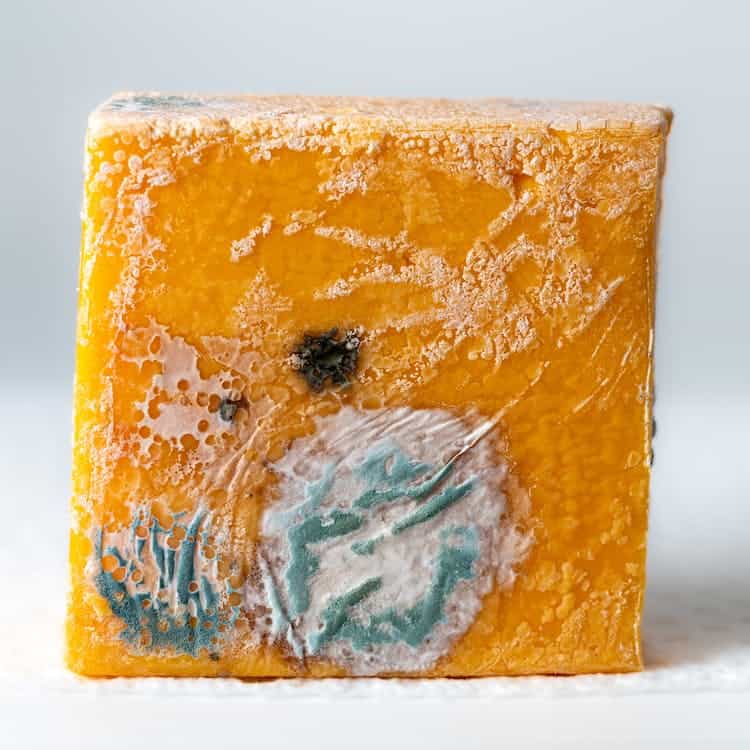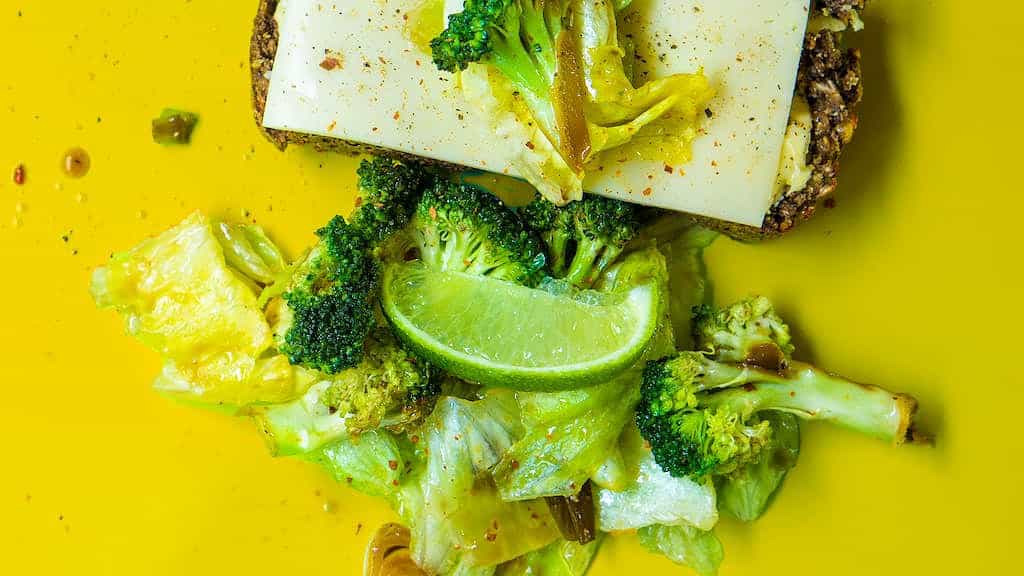Key Takeaways:
- Dogs should avoid eating nacho cheese as it may contain ingredients that can be harmful to them.
- Nacho cheese often contains spices, onions, garlic, or other flavorings that are toxic to dogs.
- The high-fat content in nacho cheese can lead to pancreatitis in dogs.
- Consuming large amounts of cheese can cause digestive issues such as diarrhea or vomiting in dogs.
- If a dog accidentally consumes a small amount of nacho cheese, it may not cause immediate harm, but it’s still best to avoid it entirely.
Summary
Can dogs eat nacho cheese? The short answer is no. While nacho cheese may seem tempting to share with our canine companions, it can actually be harmful to their health. This article explores the reasons why dogs should not consume nacho cheese and provides insights into the potential risks and consequences. It also offers alternative dog-friendly treats that can be both delicious and safe for your furry friend. Understanding why nacho cheese is not suitable for dogs is crucial for responsible pet owners, so that they can prioritize their pet’s well-being and make informed choices when it comes to their diet.

Is nacho cheese safe for dogs to consume?
When it comes to feeding your furry friend nacho cheese, it’s important to exercise caution. While plain cheese in moderation can be a healthy treat for dogs, nacho cheese specifically may not be the best choice. Nacho cheese typically contains various seasonings, spices, and additives that can be harmful to dogs. These additional ingredients can potentially cause gastrointestinal issues, such as upset stomach, diarrhea, or even pancreatitis. It’s best to avoid feeding dogs nacho cheese and opt for plain cheese options instead.
Related: Can dogs eat grilled cheese?
Potential health risks of nacho cheese for dogs
Nacho cheese is often high in fat, sodium, and artificial flavorings, which can pose health risks for dogs if consumed in excess. Excessive fat intake from nacho cheese can lead to weight gain and obesity in dogs, increasing the risk of various health issues including diabetes, heart disease, and joint problems. The high sodium content can cause dehydration and electrolyte imbalances, leading to potential kidney issues in the long run. Additionally, artificial flavorings and additives found in nacho cheese can be harmful and may even contain ingredients toxic to dogs. It’s best to prioritize your dog’s health and avoid offering them nacho cheese altogether.
Can dogs be allergic to nacho cheese?
Yes, dogs can be allergic to nacho cheese, just like they can be allergic to other food ingredients. Some dogs may have allergies or sensitivities to certain dairy products, including cheese. Symptoms of a cheese allergy in dogs can vary from mild to severe and may include itching, skin irritations, digestive upset, or respiratory issues. If you suspect your dog is allergic to nacho cheese or any other food, it’s important to consult with your veterinarian to determine the cause of the allergy and establish an appropriate diet for your pet.
Alternatives to nacho cheese for dogs
Instead of offering your furry friend nacho cheese, there are plenty of dog-friendly alternatives to consider. Plain cheese options like cheddar, mozzarella, or cottage cheese can be given as an occasional treat in small quantities. These cheeses provide a good source of protein and calcium for dogs. However, it’s crucial to ensure that your dog doesn’t have any lactose intolerance or dairy-related allergies before introducing cheese into their diet. Additionally, there are specific dog-friendly cheese products available in the market that are formulated considering the nutritional needs and digestive sensitivities of dogs.
Signs of cheese-related digestive issues in dogs
If your dog happens to consume nacho cheese or any other cheese and experiences digestive issues, there are certain signs to be aware of. These can include vomiting, diarrhea, gas, bloating, or signs of abdominal discomfort. If you notice any of these symptoms after your dog ingests cheese or any dairy product, it’s advisable to consult with your veterinarian. They can assess the situation, provide guidance on your dog’s diet, and recommend appropriate treatments or dietary adjustments to alleviate the digestive issues.
Importance of a balanced diet for dogs
While it’s tempting to share our delicious human foods with our furry companions, it’s essential to prioritize their nutritional needs. Dogs require a balanced diet that fulfills their specific dietary requirements. While cheese can be an occasional treat, it should never replace a complete and balanced dog food. Consult with your veterinarian to determine the best diet for your dog, considering their age, breed, weight, and any existing health conditions. A nutritious and balanced diet will ensure the overall well-being and longevity of your beloved pet.
Recipes and Alternatives to nacho cheese for dogs
Dogs should not consume nacho cheese as it can be harmful to their health. Nacho cheese is typically high in fat, sodium, and spices, which can lead to digestive issues, obesity, and even pancreatitis in dogs. Instead, here are some alternative foods that are safe and healthy for dogs:
- Plain, cooked chicken
- Steamed vegetables like carrots, green beans, or sweet potatoes
- Plain, unsalted peanut butter
- Plain, unsweetened yogurt
- Apples (without seeds or core)
Can Dogs Eat Nacho Cheese FAQ
Can Dogs Eat Nacho Cheese FAQ
1. Is nacho cheese safe for dogs to eat?
Nacho cheese should be avoided for dogs. While a small amount of plain cheese can be an occasional treat for dogs, nacho cheese often contains ingredients that can be harmful to them like onions, garlic, spices, or even jalapenos. Additionally, the high-fat content and artificial additives in nacho cheese can lead to various digestive issues in dogs.
2. What are the risks of feeding nacho cheese to dogs?
Feeding nacho cheese to dogs can pose several risks, such as:
- The presence of seasonings, spices, or jalapenos that can cause irritations, indigestion, or even toxic reactions.
- The high-fat content can lead to pancreatitis, a serious condition that causes inflammation of the pancreas.
- Artificial additives like preservatives, colorings, or flavor enhancers can upset the dog’s stomach and potentially lead to allergies.
3. What should I do if my dog accidentally consumes nacho cheese?
If your dog accidentally eats nacho cheese or any food containing ingredients that may be harmful to them, monitor their behavior and health closely. Contact your veterinarian immediately if you notice any symptoms like vomiting, diarrhea, abdominal pain, unusual behavior, or signs of distress.
4. Can dogs eat plain cheese?
Plain cheese, in moderation, can be a safe and enjoyable treat for some dogs. It can provide them with calcium and protein. However, it’s essential to consider your dog’s individual dietary needs, as some dogs may be lactose intolerant or have allergies to dairy products. Always consult with your veterinarian before introducing any new foods into your dog’s diet.
5. What are some dog-friendly alternatives to nacho cheese?
If you want to treat your dog to a cheesy snack, there are several alternatives that are safer and healthier than nacho cheese:
- Small pieces of plain, unseasoned cooked chicken or turkey
- Slices of apples or carrots
- Plain, unsalted peanut butter (make sure it does not contain xylitol, which is toxic to dogs)
- Dog-friendly, vet-approved cheese products specifically made for dogs
6. How can I best ensure my dog’s diet is safe and healthy?
To ensure your dog’s diet is safe and healthy:
- Stick to high-quality dog food recommended by your veterinarian.
- Avoid feeding them human food, especially items that may be toxic or harmful.
- Consult your veterinarian for guidance on suitable treats and snacks for your dog.
- Monitor your dog’s weight and adjust their diet accordingly.
- Provide them with fresh water at all times.
- Keep your dog’s vaccinations and check-ups up to date.
Remember, each dog is unique, and consulting with a veterinarian is the best way to ensure your furry friend’s dietary needs are met.
Conclusion
In conclusion, dogs should not be fed nacho cheese or any other type of cheese sauce. While cheese in small quantities can be safe for dogs, nacho cheese is typically high in fat, salt, and artificial additives, which can be harmful to dogs. Consuming nacho cheese can lead to digestive issues such as upset stomach, diarrhea, and pancreatitis in dogs. Additionally, the cheesy, salty flavor of nacho cheese can entice dogs to consume large amounts, further increasing the risk of health problems. It is always best to stick to a balanced diet specifically formulated for dogs, as it provides the necessary nutrients without causing harm. If you have any concerns about your dog’s diet, it is recommended to consult with a veterinarian for suitable alternatives.
📚 Sources:
